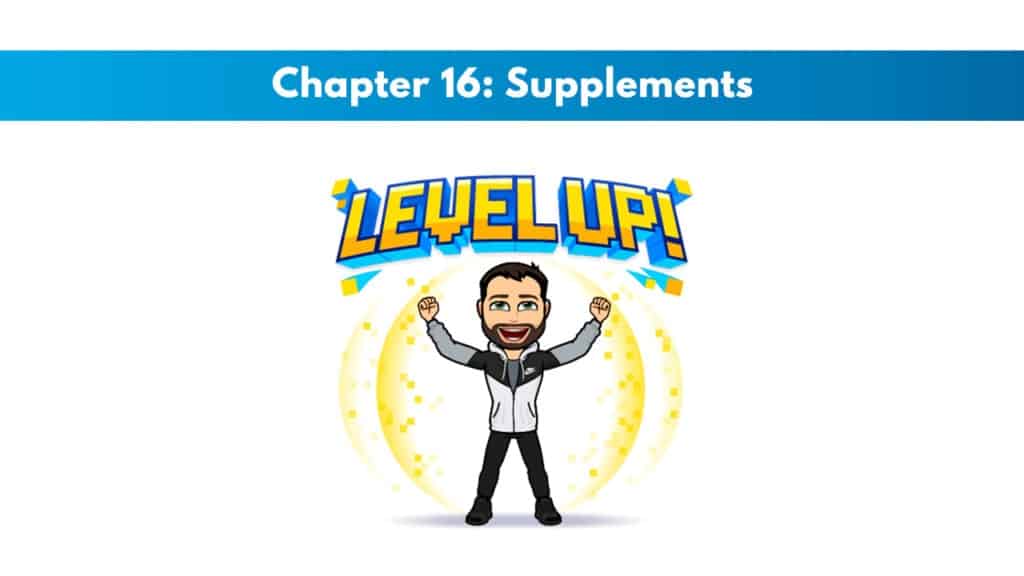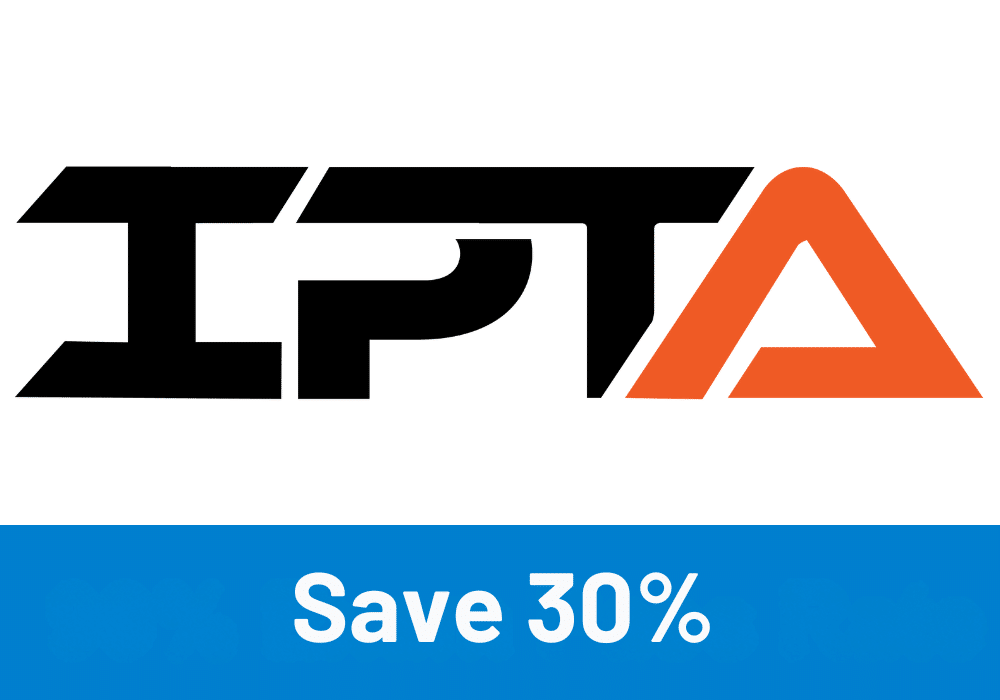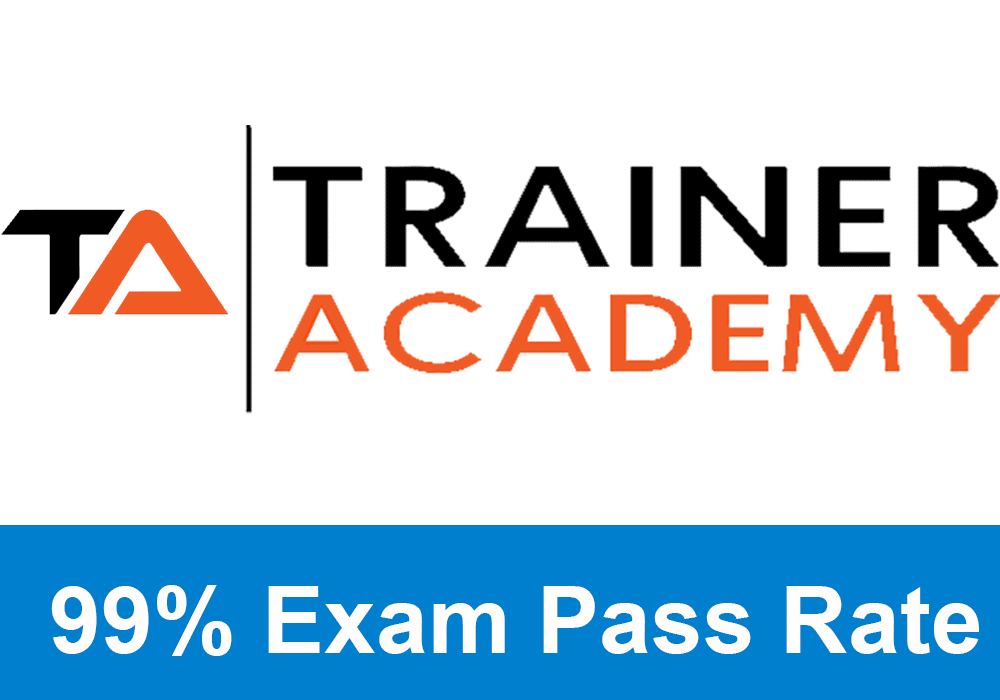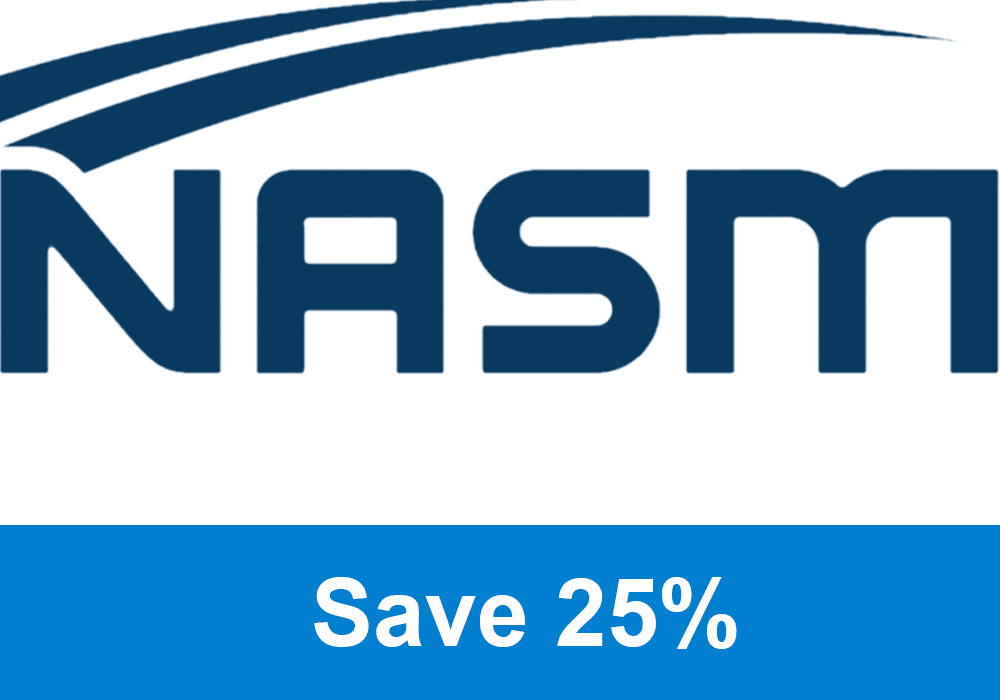
If you have not yet signed up for the ISSA Nutritionist certification, you can get it here for free as part of a special bundle.
Get your copy of the ISSA Nutritionist exam cheat sheet. It helps immensely for studying for the exam.
My PTP students report cutting their ISSA Nutritionist study time and effort in half with Trainer Academy.
Benefit from the Exam Pass Guarantee and Retake Fee Guarantee. Plus, take advantage of my current discount code PTPJULY for 50% off the MVP Program (Ends July 21st, 2025).
Try it out for free here to see if it’s right for you, or read my detailed review for further insights.
Chapter Goals:
- Be able to discuss the delivery methods of supplemental nutrition.
- List the types of diet supplements available to the public.
- Know the general uses of the more common supplements.
Introduction
Deficiencies may still happen in nutrients when the food supply and nutrient-rich foods are readily available.
These possible deficiencies are even more so when the communities are restricted in some way in their food supplies.
Hidden hunger is a term used for nutritional deficiencies in people that consume enough calories but not enough micronutrients.
Exclusive PTP CPT Offers |
||
|---|---|---|
Most Popular Cert | Best Online NCCA Cert | Best Study Materials |
Gold Standard Cert | A Good Option | Best CPT for you?  |
The average American diet lacks the amount of fruits, vegetables, whole grains, and micronutrients needed to prevent chronic illnesses and other health concerns.
The nutrient requirements will be higher for those that are involved heavily in sports and training.
More than half of all Americans take a nutritional supplement of some form, and these are mostly for vitamins and minerals.
What is a Dietary Supplement?
Dietary supplements were defined in the 90s as a product taken by mouth with a dietary ingredient intended to supplement the diet. They may include the categories of vitamins, minerals, herbs, botanicals, amino acids, enzymes, or extracts.
Supplements are not drugs, as the FDA regulates drugs, and are used to diagnose, treat, or cure a disease, while supplements are used to provide more nutrients.
Supplements are also not food nutrition, as they are not used for helping the body’s energy needs.
Some of the types of supplements we see used are:
- Vitamins and minerals
- Botanicals
- Sports Nutrition
- Weight management
- Specialty
Supplement forms and delivery are things like:
- Tablets
- Capsules
- Soft gels
- liquids and tinctures
- powders
- bars
- beverages
- extracts
Liquid capsules come in the form of either hard or soft shell capsules. Tablets are made from granulated powder ingredients that are tightly pressed together to make a hard pill form.
Vitamins and Minerals
These may be in several forms, like single vitamins, single minerals, or multiple vitamins.
Multiple vitamin supplements are often referred to as multivitamins. These are what are commonly taken daily by so many people.
Exclusive PTP CPT Offers |
||
|---|---|---|
Most Popular Cert | Best Online NCCA Cert | Best Study Materials |
Gold Standard Cert | A Good Option | Best CPT for you?  |
Botanicals
Botanical or herb supplements are starting to become more common and widely available. These will be made from herbs and other plants that are thought to be used to improve health.
The classification of specialty supplements includes the ones claiming to boost energy levels, reduce stress, and improve the health of joints and the function of the immune system.
Sports Nutrition
Anabolic steroids, creatine, and protein supplements are the most referenced in sports nutrition.
Amino Acids and Protein
Proteins are broken down continuously throughout the body, transformed, and then rebuilt.
Proteins consist of 20 amino acids, and 9 of them are essential amino acids. The other 11 are nonessential amino acids since we can form them in the body.
The primary role of amino acids is to build proteins the body needs.
The supplementation of Branched-chain amino acids is popular, as the three amino acids are vital and perhaps the most important of the amino acids.
Protein supplementation has three forms: protein concentrates, isolates, and hydrolysates.
Creatine
This is a naturally occurring compound produced in the body to help the muscles to generate energy. It helps with the ATP in the muscles and increases its stores of it.
Supplementing creatine has been shown to increase lean muscle mass and improve athletic performance.
Anabolic Steroids
These synthetic hormones resemble testosterone and are used to increase muscle mass, strength, and speed.
These have been found to reduce the recovery time after working out and the intensity at which the body can work for long periods of time.
Common steroids are testosterone, Winstrol, Deca Durabolin, and Dianabol.
The side effects of steroids often are enough to deter many people, but the benefits are clear and proven.
Weight Management
A nutrition coach can recognize weight management as one of the more common goals of nutrition and fitness programs.
The most common weight management supplements are known as thermogenic supplements, which will increase the total body temperature by 1 – 2 degrees to increase the number of calories burned.
Some other weight management supplements work to suppress the appetite.

 Have a question?
Have a question? 



Tyler Read
PTPioneer Editorial Integrity
All content published on PTPioneer is checked and reviewed extensively by our staff of experienced personal trainers, nutrition coaches, and other Fitness Experts. This is to make sure that the content you are reading is fact-checked for accuracy, contains up-to-date information, and is relevant. We only add trustworthy citations that you can find at the bottom of each article. You can read more about our editorial integrity here.